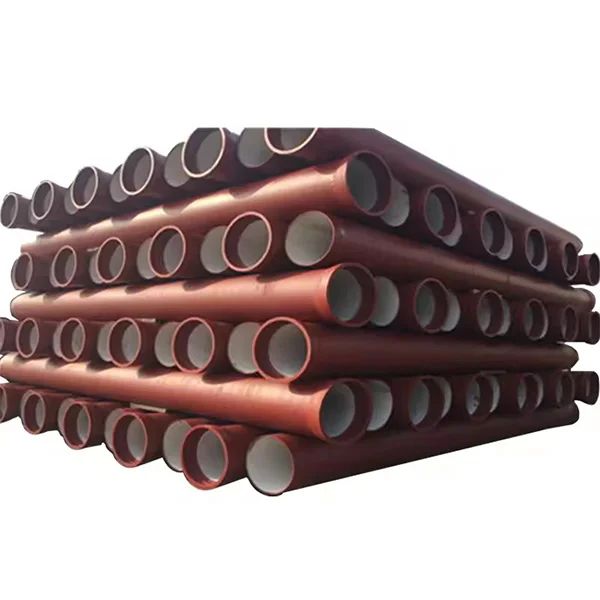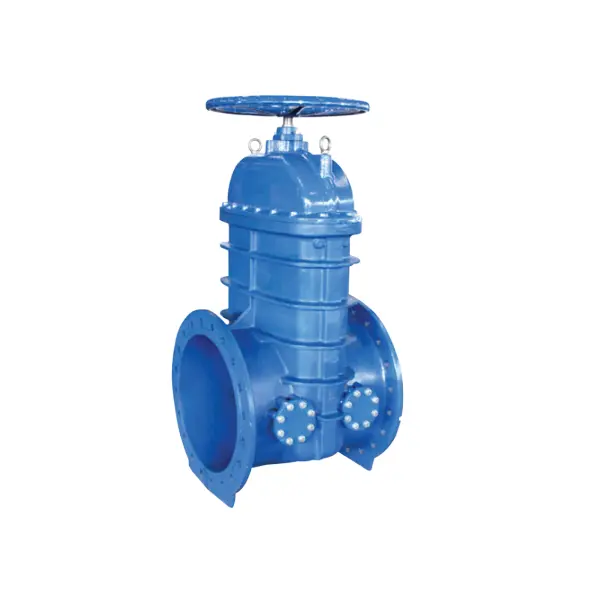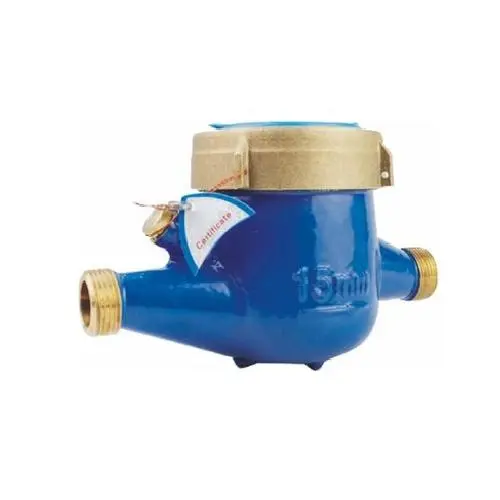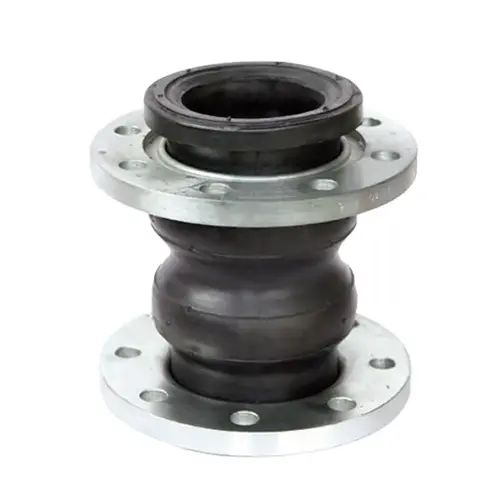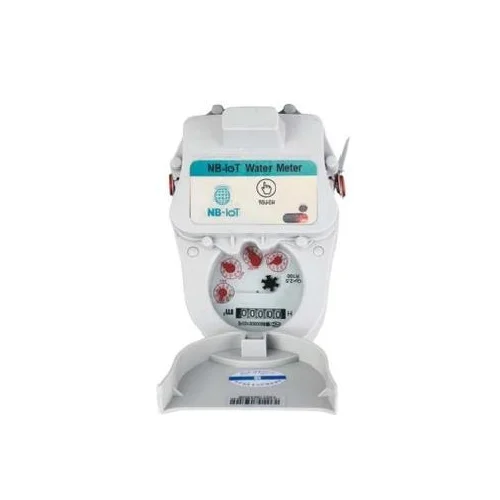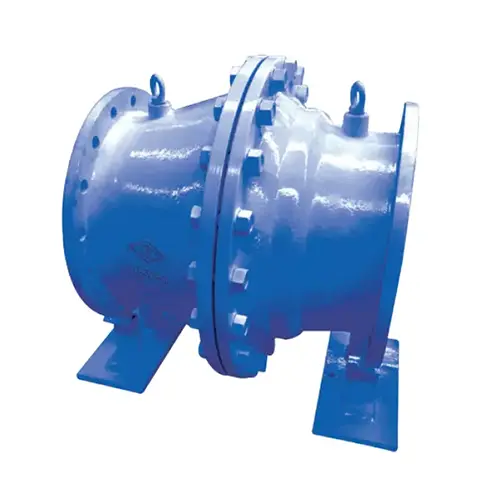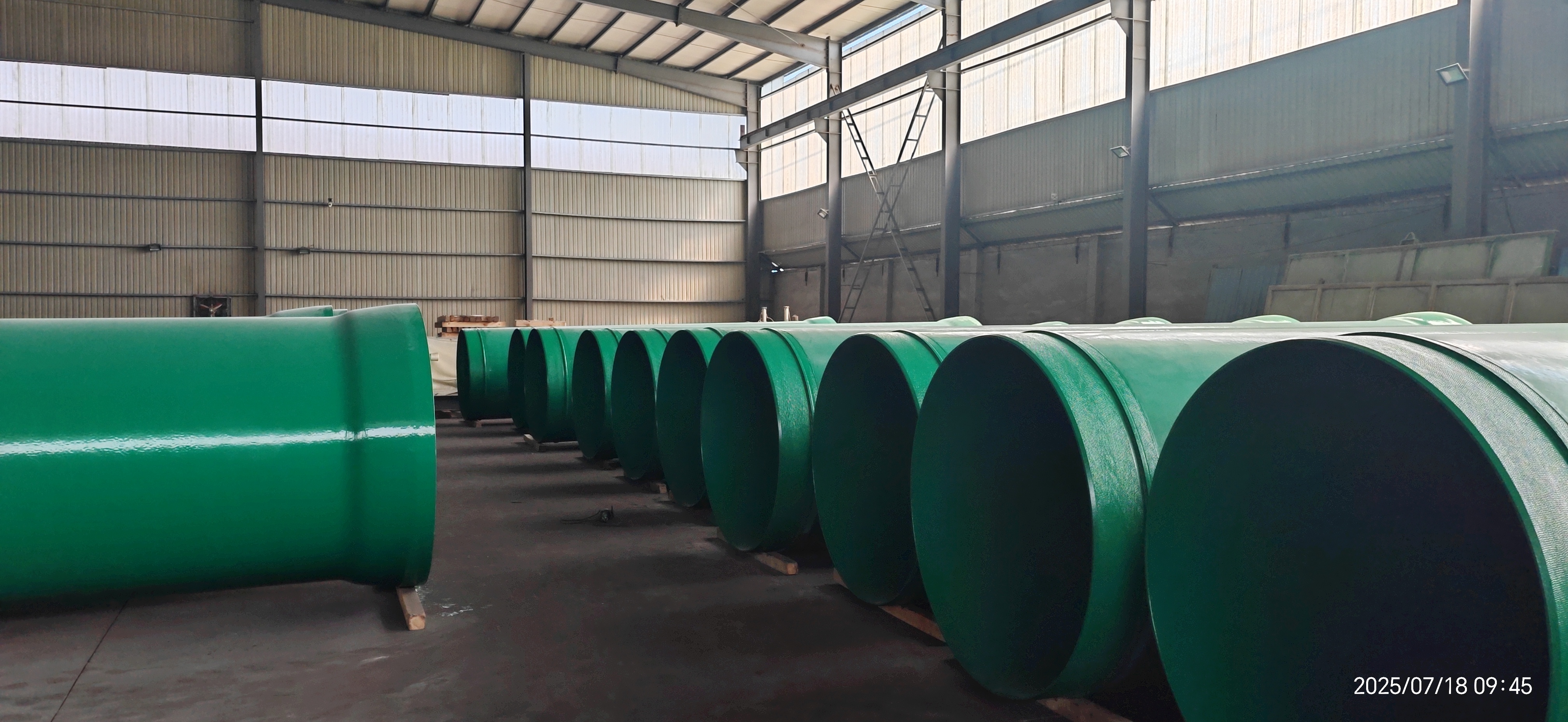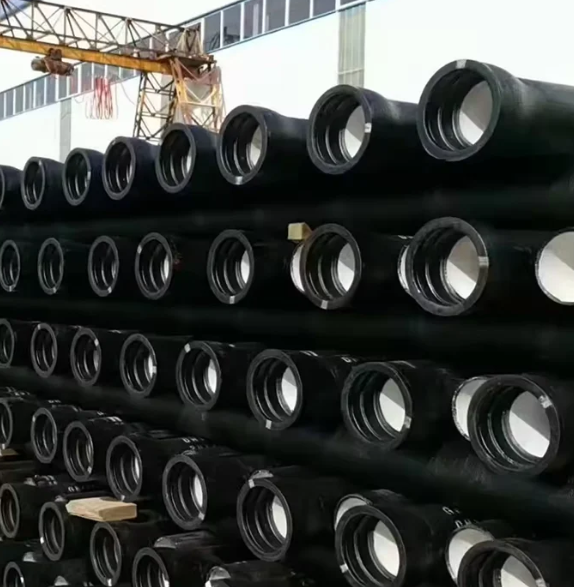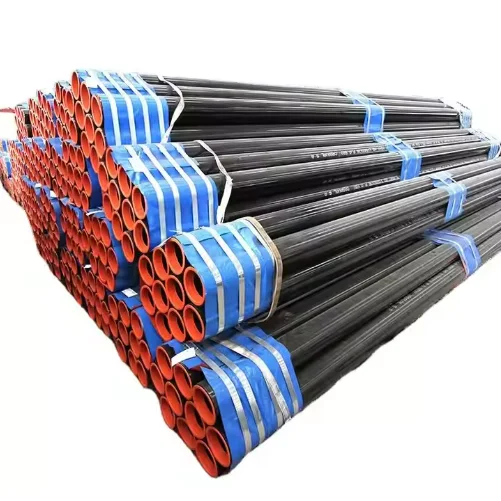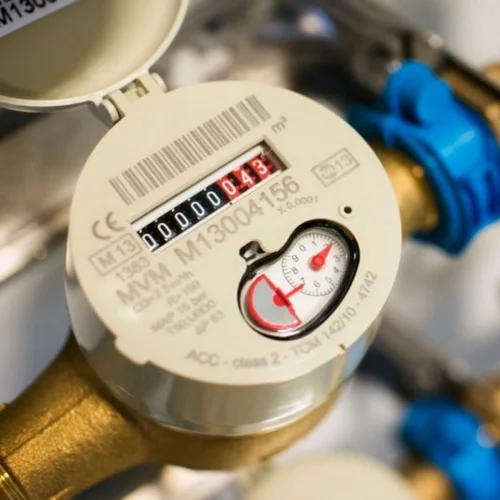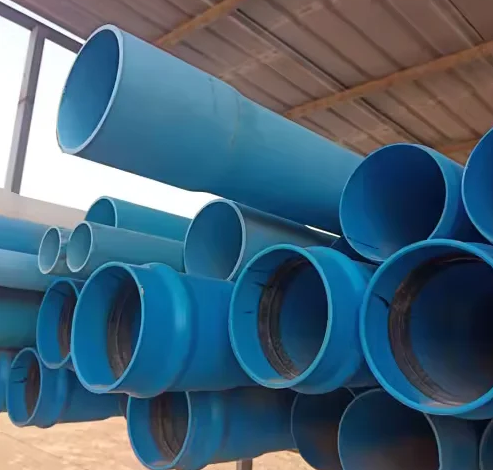Email Us
How Does Ductile Iron Pipe Enhance Water Distribution Systems?
Ductile iron pipe has become the backbone of modern water distribution and wastewater management systems, thanks to its exceptional strength, durability, and cost-effectiveness. Designed to withstand high pressure and environmental stress, ductile iron pipes are widely used by municipalities, utility companies, and construction firms around the world. For decades, this material has consistently proven itself as the optimal choice for infrastructure projects requiring reliability and longevity.
Understanding Ductile Iron Pipe: Composition, Features, and Advantages
Ductile iron pipe is a high-strength, versatile piping solution made from a refined form of cast iron. Unlike traditional castiron, ductile iron undergoes a process in which magnesium is added during manufacturing, giving it superior tensile strength and flexibility. This makes it capable of withstanding extreme loads, internal water pressure, and external forces without cracking or breaking.
Key Features of Ductile Iron Pipe
-
High Strength and Durability: With tensile strengths ranging from 420 MPa to 600 MPa, ductile iron pipe provides excellent resistance to both internal and external stresses.
-
Corrosion Resistance: Most DIP products are lined with cement mortar or epoxy coatings to prevent corrosion and enhance longevity.
-
Leak Prevention: Precision-engineered joints ensure a tight seal, minimizing water leakage and operational losses.
-
Versatility: Suitable for potable water, sewage, stormwater drainage, and industrial applications.
-
Long Service Life: With proper installation, ductile iron pipes can last over 100 years in service.
Advantages Over Other Pipe Materials
| Feature | Ductile Iron Pipe | PVC Pipe | Steel Pipe | Concrete Pipe |
|---|---|---|---|---|
| Tensile Strength | Very High | Low | Moderate | Moderate |
| Corrosion Resistance | Excellent with lining | Moderate | Poor without coating | High but limited lifespan |
| Cost Efficiency | High (due to longevity) | Moderate | High | Moderate |
| Service Life | 80–100+ years | 25–50 years | 30–50 years | 50–70 years |
| Applications | Water, sewage, gas | Water only | Oil, gas, industry | Sewer and stormwater |
Ductile iron pipes stand out as a premium choice for demanding infrastructure projects where performance, lifespan, and reliability are non-negotiable.
Product Specifications: Ensuring Compatibility and Performance
When selecting ductile iron pipes for your project, understanding their technical specifications is crucial to ensure compatibility, efficiency, and safety.
Common Dimensions and Standards
Ductile iron pipes are manufactured according to international standards like ISO 2531, EN 545, AWWA C151, and BS EN 598, ensuring uniformity and quality across markets. Below are typical specifications:
| Specification | Details |
|---|---|
| Nominal Diameter (DN) | DN80 to DN2600 |
| Pipe Length | 5.7 m, 6 m, or 9 m |
| Wall Thickness | Varies based on pressure class (K7, K8, K9, K10, K12) |
| Pressure Ratings | PN10, PN16, PN25, PN40 |
| Joint Types | Push-on joint, mechanical joint, flange joint |
| Internal Lining | Cement mortar, epoxy, polyurethane |
| External Coating | Bitumen, zinc, epoxy, or polyethylene |
Applications Across Industries
-
Municipal Water Supply: Ensures safe, clean, and uninterrupted distribution.
-
Wastewater and Sewerage Systems: Withstands chemical exposure and abrasion.
-
Industrial Processes: Handles high-pressure environments in manufacturing plants.
-
Fire Protection Systems: Offers unmatched reliability for high-flow fire hydrant systems.
-
Hydropower and Irrigation: Ensures smooth water delivery in energy and agriculture sectors.
These specifications allow ductile iron pipes to meet the needs of projects across residential, commercial, and industrial domains.
How Ductile Iron Pipe Enhances Water Distribution Systems
Modern water infrastructure requires pipelines that can deliver efficiency, safety, and sustainability — qualities that ductile iron pipe naturally provides.
High Hydraulic Efficiency
Ductile iron pipes have smooth internal linings that minimize friction loss, maintaining consistent flow rates and improving system performance.
Sustainable and Eco-Friendly Choice
Ductile iron is highly recyclable, reducing environmental impact and supporting green infrastructure initiatives. Many municipalities prefer DIP due to its contribution to sustainability goals.
Resilience Under Extreme Conditions
Whether dealing with seismic activity, high groundwater tables, or heavy traffic loads, ductile iron pipes maintain structural integrity. Their flexibility allows them to absorb ground shifts and vibrations without fracturing.
Reduced Maintenance Costs
Because of their superior corrosion resistance, longer service life, and robust mechanical properties, ductile iron pipes significantly lower long-term operational costs compared to alternatives.
Ductile Iron Pipe FAQs
FAQ 1: What makes ductile iron pipe better than traditional cast iron?
Ductile iron pipe is engineered with added magnesium, giving it higher tensile strength and flexibility compared to traditional cast iron. While cast iron pipes are brittle and prone to cracking under stress, ductile iron pipes can absorb heavy loads and resist both internal pressure and environmental forces, making them far more durable.
FAQ 2: How long can ductile iron pipes last in service?
With proper installation and protective coatings, ductile iron pipes can easily last 80 to 100 years or more. Their long lifespan, combined with low maintenance requirements, makes them one of the most cost-effective options for municipal and industrial water systems.
Why Choose Epoch for Your Ductile Iron Pipe Solutions
Selecting the right ductile iron pipe is critical for ensuring efficient water distribution, reliable wastewater management, and sustainable infrastructure development. At Epoch, we are committed to delivering high-quality ductile iron pipes that meet international standards and exceed client expectations.
With years of industry expertise, advanced manufacturing processes, and a reputation for reliability, Epoch has become a trusted partner for municipal projects, industrial installations, and infrastructure developments worldwide.
If you’re planning your next project and need top-tier ductile iron pipe solutions, contact us today to discuss your specifications and discover how we can help you achieve seamless, long-lasting results.
- Why Choose Between UPVC Pipes and HDPE Pipes?
- Why Is Ductile Iron Pipe Still the Safe Choice for Long-Life Water Networks?
- Which Pipeline Installation Machines and Tools Help Me Deliver Faster, Safer, and More Profitable Projects?
- Key points for quality inspection of ductile iron pipes
- Why do Carbon Steel Pipes keep winning tough industrial projects?
- What are the connection methods for ductile iron pipes?
About Us
Contact Us
No. 112, Jiefang Road, Lixia District, Jinan City, Shandong Province, China
Copyright © 2025 Shandong Epoch Equipment Co., Ltd. All Rights Reserved.


